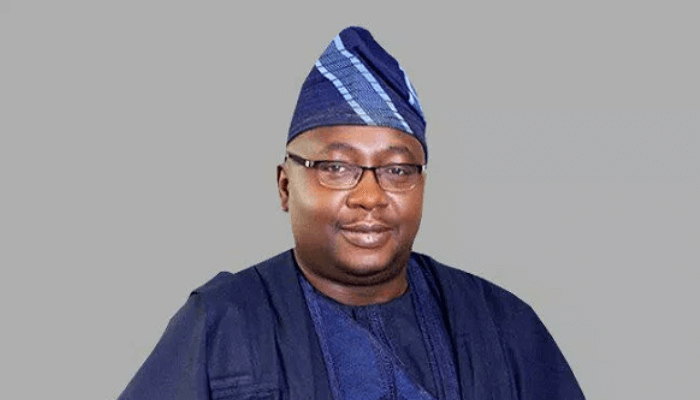Adelabu Adelabu, the minister of power, has revealed that the ministry is finalising the documentation of the National Integrated Policy on electricity, which would be presented to the Federal Executive Council for approval in September.
Adelabu made this known today at the BusinessDay “Powering Nigeria’s Energy Future: Addressing Infrastructural Challenges for Sustainable Energy Development” Conference in Lagos.
He said: “To ensure the sector’s policy and regulatory framework is aligned and enhanced, the government has commenced the development of a National Electricity Policy and Strategic Implementation Plan to provide a comprehensive framework for the nation’s electricity sector to support innovation, research, and development in the sector and chart a sustainable path forward in Nigeria’s electricity industry.
Read also: Solving corporate electricity security issues in Nigeria: high stakes, higher rewards
“The government believes that a supportive policy and regulatory environment are essential for sustainable energy development and the government is committed to creating policies that encourage investment, foster innovation, and ensure fair competition in the energy sector.”
In Nigeria, the electrical power sector has undergone significant reforms, transitioning from a state-owned, vertically integrated system to a predominantly privately owned, unbundled network.
However, challenges persist, notably aging infrastructure and insufficient investment in renewable energy. Outdated power plants, inadequate transmission and distribution networks, and frequent power outages hinder economic growth and quality of life. Corruption, poor governance, and limited financing exacerbate these issues.
“The government had set an ambitious target to generate about 30,000 megawatts of electricity by 2030 with renewable energy contributing 30 percent to Nigeria’s energy mix,” he said.
According to him, the insufficient power generation in Nigeria was also due to outdated power plants, underinvestment in new generation infrastructure, and over-reliance on fossil fuels such as gas/steam and diesel.
On the issue of metering, Adelabu said the government has put in place the required framework to enable an injection of 1.5 million meters into the power sector through the World Bank Distribution Support Recovery Program.
Read also: AEDC to disconnect electricity to SGF, MDAs, others over outstanding bills
He added: “The Presidential Metering Initiative will ensure an additional 2 million meters will be procured annually for five years. This will ensure accurate billing, reducing revenue loss and improving cash flow for a more liquid power sector.
“We are beginning to see some progress from the outcome of the government’s initiative in the last one year. However, we will not relent until we have a resilient and efficient electricity sector that meets the needs of all Nigerians.”
